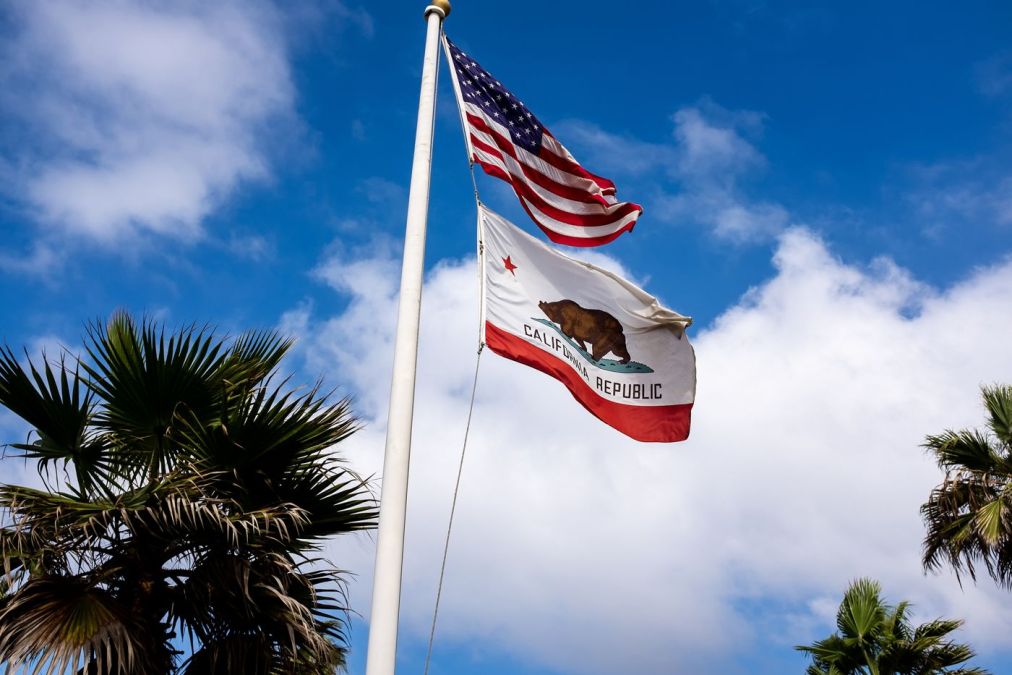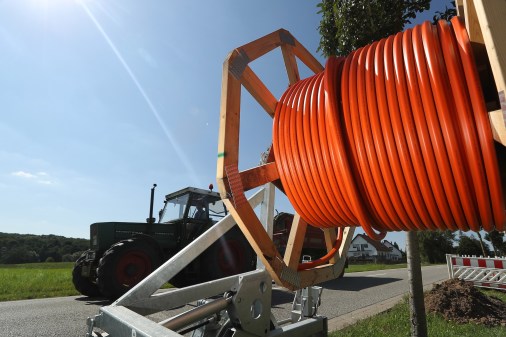Report: $15 internet service cap for low-income households could save California residents $1B annually

If California enacts a law to cap broadband prices at $15 per month for low-income households, it could collectively save residents more than $1 billion annually on internet service, according to a report released last month by the California Public Utilities Commission’s Public Advocates Office.
The preliminary report, released on March 18 by the state-appointed, independent advocacy arm of the state’s utilities commission, evaluated the potential effects on residents and internet service providers should California mandate that ISPs offer an affordable, fixed broadband plan for households with an annual income at or below 200% of the federal poverty guidelines.
The office said a full report will be published later this year.
State legislators are considering a bill introduced in January by California Rep. Tasha Boerner that requires the largest ISPs to cap internet prices at $15 per month for low-income families. It’s similar to New York’s Affordable Broadband Act, which went into effect this year despite several legal challenges from internet service providers.
Should the California legislature mandate a $15 per month price cap on internet services for low-income households, the savings, the report found, could total more than $100 million for the already 1.4 million households that qualify and are already currently subscribed to one of the four largest broadband providers — AT&T, Comcast, Cox and Charter/Spectrum.
For the four largest ISPs, the price cap would minimally impact their profits, the report said. In fact, it would “potentially reduce the combined revenues of the four largest broadband providers … by less than one percent.”
If the broadband adoption rate by low-income Californians — more than 5.8 million households — increases to 100%, consumer savings statewide could top $1 billion per year, the report found. In this scenario, even with the $15 per month cap, the report found that ISPs would see their profits increase thanks to the addition of new customers.
Boerner’s bill follows last year’s lapse of the federal government’s Affordable Connectivity Program, which provided a $30 monthly broadband subsidy to more than 23 million low-income households. Since the program ran out of money last May, some broadband advocates have warned about the financial impacts to low-income families that relied on the service, leaving states like California and New York to account for the program’s loss on their own.






